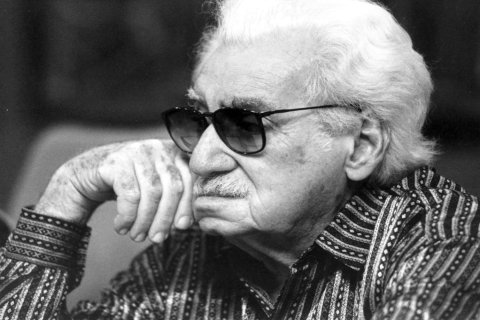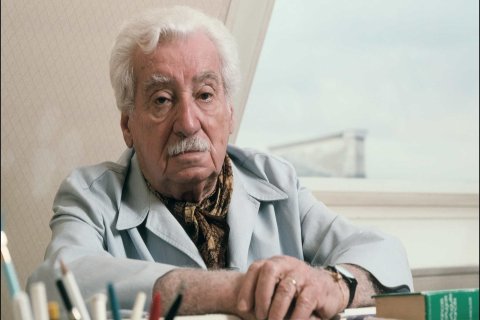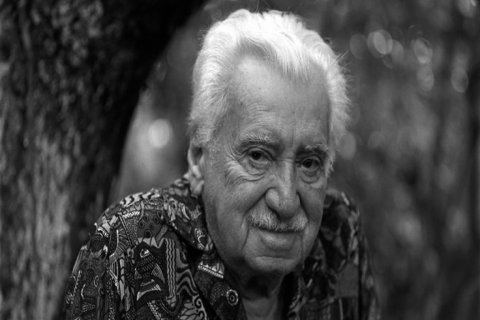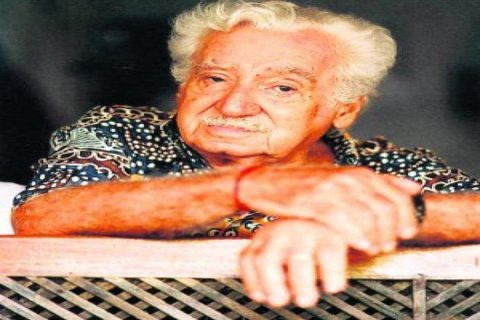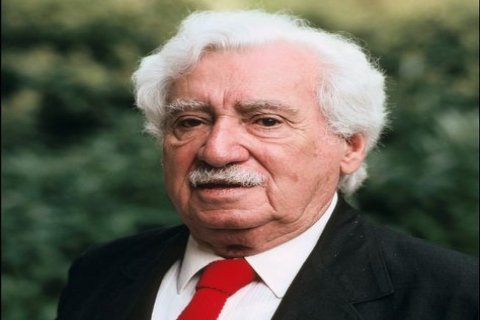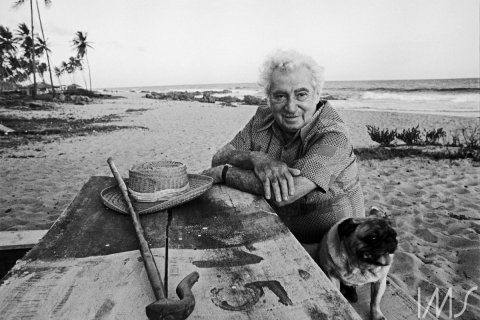Jorge Amado
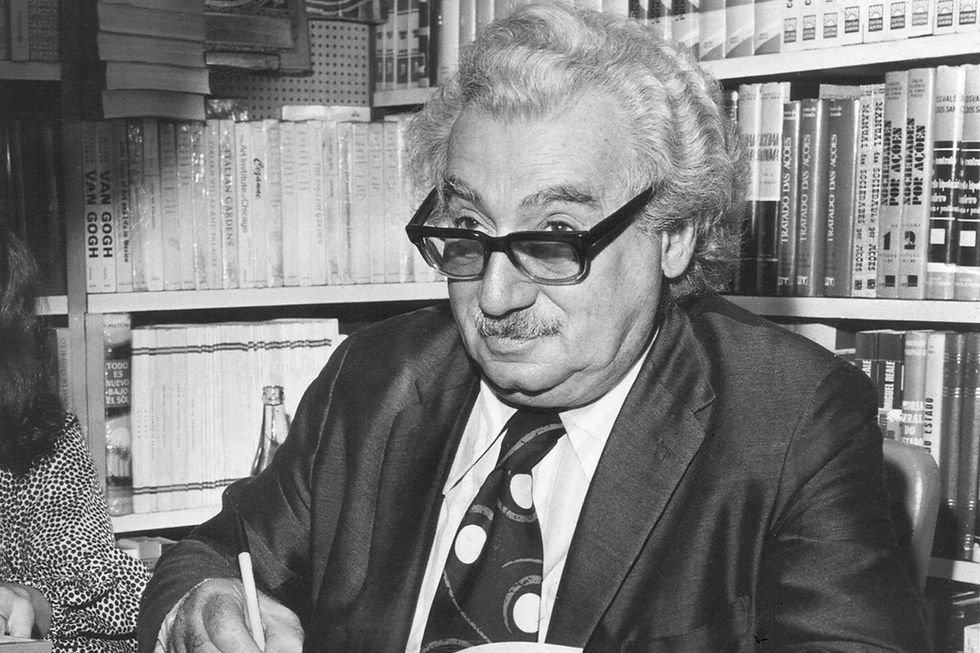
Jorge Amado de Faria (August 10, 1912 – August 6, 2001) was a Brazilian novelist and political activist, best known for his colorful portrayals of life in his native state of Bahia. His wide-ranging body of work includes more than 30 published novels, several of which were adapted for film. Amado's writings express his profound love of Brazil, as well as his political convictions, having been a lifelong member of the Brazilian Communist Party.
Early Life and Career
Jorge Amado was born in the city of Itabuna, Bahia, Brazil on August 10, 1912. His father, João Amado de Faria, was a cocoa planter and his mother, Eulália Leal Amado, was a schoolteacher. Amado's childhood was spent in the small town of Ilhéus, Bahia, where he developed a lifelong fascination with the local culture and history. He began writing at an early age and published his first novel, "The Country of Carnival," in 1931.
Literary Accomplishments:
Amado's literary career spanned over six decades, and his works have been translated into more than 50 languages. He is widely regarded as one of the most important Brazilian writers of the 20th century. Some of his most famous novels include:
- Jubiabá (1935): This novel tells the story of a black man named Balbino who becomes a powerful religious leader in Bahia.
- Captains of the Sands (1937): This novel follows a group of street children who live in the slums of Salvador, Bahia.
- Gabriela, Clove and Cinnamon (1958): This novel tells the story of a young woman named Gabriela who moves to a small town in Bahia and falls in love with a local merchant.
- Donna Flor and Her Two Husbands (1966): This novel tells the story of a woman who marries two different men, one before and one after her first husband's death.
- Tieta of Agreste (1977): This novel tells the story of a wealthy woman who returns to her hometown in Bahia after many years away.
Political Activism:
Amado was a lifelong member of the Brazilian Communist Party and used his writing to express his political views. He was often critical of the Brazilian government and the social inequalities that existed in the country. In 1945, he was elected to the Brazilian Congress, where he served for two terms.
Awards and Recognition:
Amado received numerous awards and honors throughout his career, including:
- The Lenin Peace Prize (1951)
- The Neustadt International Prize for Literature (1995)
- The Camões Prize (1994)
Legacy:
Jorge Amado died in Salvador, Bahia, Brazil on August 6, 2001, at the age of 88. He is considered one of the most important Brazilian writers of the 20th century, and his works continue to be read and enjoyed by people around the world.

